Fishe blogger Erica Hickey explores the world of bass tournament angling and talks with Fishe Ambassador Cheryl Smith about her thoughts on competitive fishing, what it’s like to spend a day on the water at a tournament, where the future of the sport is headed, and what both beginning and advanced bass anglers can do to up their game.
I often think of fishing as a quiet pastime, an escape into nature and a chance to lose myself in the sound of the wind and the water… until I hook a fish, that is. Anyone who has spent even a modicum of time with a rod in-hand knows that on the other side of a peaceful, contemplative day of fishing is the absolute stoke of fighting and landing a fish. Fast forward to several months ago. I turned on the television in the evening to watch a movie. For whatever reason the TV was tuned to a fishing network broadcasting a pro bass tournament. There were a couple of guys in a boat on a lake wearing what looked like brightly-colored Nascar jerseys, hooting and hollering at the top of their lungs as one of them worked a rod with a 90 degree bend to land an enormous bass. The celebration that ensued was not so far-off from the scene when my friends and I are fly fishing on a river and one of us catches a big fish — fist pumping, high-fiving, and lots of shouting. Really the only difference is that my friends and I are in a different locale, fishing with different gear. That kind of excitement is something that I instinctively relate to as an angler, but I’d never really thought much about what it would mean to fish competitively — to fish on the clock, to have to turn all of my focus and excitement towards a discrete goal: catching the most big fish that you can in the time you have. There’s a part of me that thinks “No! That’s not what fishing is about! It’s not about competition!” And then there is that small voice inside my brain that says “Uh huh, yup. Count me in.”
Tournament angling is big business in the US, and tournament bass fishing is front and center. Over 122,000 people attended events associated with the 2020 Academy Sports + Outdoors Bassmaster Classic in Alabama this year, a week-long affair that includes an outdoor expo, multiple competitions, and one of the country’s most prestigious professional bass fishing tournaments. The prize purse for first place at the Bassmaster Classic was $300,000. There are currently three major national tournament bass fishing organizations: the Bass Anglers Sportsman Society (BASS), which hosts the Bassmaster Elite Series and Bassmaster Classic; Major League Fishing (MLF), home to the live-streamed Bass Pro Tour; and Fishing League Worldwide (FLW), which was recently acquired by MLF . There is also a national women’s circuit, the Lady Bass Anglers Association (LBAA). The biggest pro bass competitions are televised nationally, and top competitors receive major sponsorships. But beyond the pro tournaments is a massive movement of smaller, grassroots competitions that cater to anglers of all stripes. There are high school teams, college teams, and pay-to-play tournaments where entry fees are much more affordable, and local anglers can get on the water and compete. And though bass events have the largest following, people are competing at both the local and national levels for a multitude of species, including walleye, musky, and catfish.

Cheryl displays her media credentials for the 2020 Bassmaster Classic
I wanted to get to the heart of what this movement is really about, and television and promo websites seem to only tell one, flashy side of the story. I had the good fortune to be able to connect with Fishe Ambassador Cheryl Smith, a multi-species angler from the Northwest suburbs of Chicago, to talk about her experiences with tournament angling. Cheryl is a United States Coast Guard (USCG) Licensed Master Captain; an independent, published Outdoor Writer; and a seminar speaker. She is passionate about the outdoors, about fishing and wildlife rehabilitation, and she loves learning and teaching others, especially youth. She works for some of the biggest companies in the industry, including St. Croix Rods and Daiwa, and she competes on the Illinois Mutiny Bass Anglers and World Walleye Association tournament circuits. Cheryl is a class act — generous with her knowledge, thoughtful in the way she approaches fishing, and thoughtful in the way she approaches her life and her relationship to others. Check out the interview below, as Cheryl talks us through her perspective and gives some helpful tips for beginning and advanced bass anglers!
(This interview has been edited for length and clarity)
FISHE: When we’ve spoken in the past, you mentioned that you fish competitively on the Mutiny Bass Anglers tournament circuit in Illinois and that you’ll be fishing the World Walleye Association tournament circuit this year. Tell me a bit about how you got started in this game.
CHERYL: It’s kind of funny. You know how people say “never say never?” Yeah, well…. LOL. I said I would never fish tournaments. I thought it would take the fun out of fishing, and although I love a competition, I don’t like egos and drama. That being said, I was asked by a colleague in the fishing industry to fish a local bass tournament circuit. I tried to say no. I was talked into it. I’m glad he kept on me about it. It really changed my perspective of what competitive fishing is mostly about. Yes, there is still some drama, as there is with anything, but mostly it’s about camaraderie, pushing yourself to be a better angler, and new friendships that allow you to celebrate each other’s accomplishments.
FISHE: For those who are not familiar with bass tournament angling, can you tell us how it works?
CHERYL: For local tournaments, you pay a membership fee each year, usually around $30 per person. Entry fees for Mutiny Bass Anglers are $200 per two-person team, per tournament. Each team may weigh-in five fish with a minimum of 14 inches in length. In order to qualify for the Mutiny Bass Anglers Year End Classic, a team must fish four out of seven qualifying tournaments in the same division, with the same partner, and be paid for all seven events. A USCG approved personal flotation device (PFD) must be worn at all times when the engine is operative by all anglers.
FISHE: How well do you have to finish in order to receive a payout?
CHERYL: It depends on how many boats are signed up. The more boats, the more places pay, but it’s usually at least the top five, if there’ s a lot of boats.
FISHE: When you know you’re going to be fishing a tournament, how do you go about preparing? What are the biggest considerations?
CHERYL: In my case, I fish both the bass and walleye tournaments on the same body of water, The Fox Chain O’ Lakes here in Illinois. Past knowledge and overall time spent on the waters you are fishing are key. I can look back at previous years and weather patterns and come up with a game plan. Having a partner gives you that extra experience/knowledge on the water to draw from. My partner and I try to get out and pre-fish as much as we can. I won’t get into the debate on whether or not pre-fishing works. I can just say from my experiences, it helps me. Conditions often change from the days you pre-fish to the actual tournament day, but it gives you an idea as to where to begin and what to try throwing. Sometimes you will throw a bait you haven’t in a while and it will be on fire. As far as considerations, water clarity, temp, winds, cloud cover or full sun, and water level are very important. These factors will dictate what depth you will be fishing in, what you will throw, and how you will present it. Another very important aspect also is spawning patterns for any fish you are chasing in the Spring.

Cheryl and her tournament fishing partner Dave Kranz with checks in hand after winning First Place at a Mutiny Bass Anglers tournament
FISHE: Walk me through a typical tournament day for you.
CHERYL: My alarm goes off at 3:30 am. My rods and tackle are already set up and by the front door from the preparation the night before. I get ready and go meet up with my tournament partner. We head to the launch, get the boat all set up and head to the morning meeting before takeoff. Our boat gets inspected by a marshal. The national anthem plays as we all take off our hats and place our hand to our hearts as we give respect to our country. Once the anthem is done, we motor out to takeoff. From there, we wait until it’s our turn. We draw numbers in the morning, and when our number comes up, off we go to fish. Our head is in the game. We’re anticipating the day and have high hopes. We have spots in mind, and if no one is on our spots, we can fish them. Fishing the Fox Chain O’ Lakes means you have to be able to adapt. If not, it will spit you out! The water levels can change a full foot on a tournament day while you are fishing. That changes everything. Paying attention to everything at once is the way to be successful. I have been in first place with a nice check in my hand, and I have been out there struggling all day to catch a limit. Tournament fishing is a grind but I love it!

Boats and teams of anglers motoring towards the "Take Off" point in the early morning, preparing to start the competition
FISHE: It sounds like the strategy is almost as important as your skill at using a rod and a reel.
CHERYL: It is, a lot – more so probably.
FISHE: Tournament fishing strikes me as a really unique way of being involved with fishing. Can you tell me what you love about it and what makes you excited to get out there and keep doing it?
CHERYL: Looking around at the crowd in the morning of a tournament and seeing everyone so pumped and feeling it yourself is a unique feeling. The feeling as we all motor to takeoff is full of adrenaline. Steam comes off the water as the sun comes up. And all you hear are other motors idling along with yours, and you’re thinking about getting to your first spot. I love the challenges. I love the anticipation of that next bite, when your livewell [the onboard tank that holds the fish in water to keep them alive] is full of a limit of fish. That’s a great feeling. When my partner and I are in complete sync, you know it’s going to be a great day. Even if we come off the water and didn’t have the best day of fishing, I am more eager to get back out and make the next one better. We all know the same spots. There are no secrets. It’s just whether or not you came with your “A-game” and made the right casts, or threw this bait instead of that bait, sat on the spot too long or moved at the right time. That’s the fun in it all, making all of the right moves on tournament day. It’s like a game of chess and a puzzle all at the same time.
FISHE: As a fly-angler, I don’t know much about the pro bass scene, but I’ve been hearing more and more about how popular it has become. When you and I spoke initially, you referred to the Bassmaster Classic as “the Super Bowl of fishing.” As an outdoor writer with media credentials to attend some of the nation’s biggest bass competitions, can you tell me a bit about what is happening on the national level?
CHERYL: Getting behind the scenes at the Bassmaster Classic is incredible. I have the opportunity to interview all of the anglers that will grace that stage. What these guys do is a class of its own. They spend years of their lives struggling to make it to that stage. What I do does not even compare to what they are doing — just the amount of money alone that they spend to get there. I know some of them sleep at campgrounds, stay on peoples’ couches in order to achieve their goal to make it to the stage. I have great respect for all of them. They don’t know the meaning of giving up. They are a big family that travels. Their wives and girlfriends have a support network. It’s a small world within a world.
FISHE: I also heard there’s a women’s pro bass tour, the LBAA. From what I’ve read about them, their anglers sound phenomenal. Is this seen as a complement to BASS and MLF? If you had a crystal ball, would you predict that women’s tournament angling will have a different/separate trajectory, or do you see women and men competing on the same circuit in the future?
CHERYL: I don’t know a lot about LBAA. I have talked to one person over the years that had that circuit in her sights. I personally think that the future will be women and men competing alongside each other on the same circuit. I know quite a few women that have BASS set as their dream — to be on that stage. I know they are welcomed by BASS and by the professional anglers competing. The closest woman to making that dream a reality at the moment, I believe, is Trait Zaldain.
FISHE: I get the sense that pro angling is gaining in exposure and popularity. I think about other pro sports, for example, and how the big athletes become role models and mentors for youth and amateur enthusiasts. Do you see pro angling as having this kind of influence, and if so, how do you think it is shaping amateur angling and the younger generation?
CHERYL: It definitely is. There has been a big movement with fishing companies the last five years dedicated to catering to high school and college team anglers, especially in the bass market. These kids are on a faster track to professional fishing compared to in the past. Sponsorships come easier. The work still has to be put in, but their focus is to become the anglers they see on TV. As to be expected, high school and college fishing teams are catered to at the Bassmaster Classic as well. They, after all, are the future of the sport. They show up as a team in their matching jerseys. It’s a sight to see. The professional anglers love to talk with them. I think we have some great role models in the mix as well. People like Hank Cherry, Casey Ashley, Brandon Palaniuk, Gerald Swindle to name a few. They show their hard work and dedication through social media. They are professional and polite. They are great role models for up and coming young anglers.
FISHE: In terms of tournament angling, what are your goals? Do you see yourself trying to compete on the BASS circuit, one day, for example?
CHERYL: As I have now learned to never say never, I don’t plan on pushing to that level, but who knows what the future holds. Right now I am a student of life and enjoying the road that I am on. I love competitive fishing, but leaving my husband to travel that much really is not on my short-term goals list. I see myself fishing new bodies of water and learning new techniques that will help me become a better tournament angler, and from there we shall see.
FISHE: If one of our readers were interested in getting involved with tournament angling, how would you recommend they get started?
CHERYL: This is what I tell anyone that is interested: You don’t have to consider yourself a professional angler to join a club circuit or a local tournament circuit. Don’t think you have to be at a high level to start fishing tournaments. It’s a growing process. As soon as you start competitive fishing, the sooner you start becoming a better angler. I have stood in 1st place, and I have stood in15th place. No team wins every time. We all push each other to do better. That’s the fun in it. You can search online in your area for local clubs and/or local fishing tournaments. There are many Facebook pages for local circuits as well.
FISHE: Can you share a couple of bass fishing tips with our readers, like techniques that you’ve found to be “game-changers” for you? Maybe one for beginners and one for more advanced anglers?
Hmmm, game changer tips… That’s a tough one. One would probably expect a secret lure or technique, but that’s not where I am going to go. I would have to say the best tip that I would have for a beginner is master the art of learning and patience. What I mean is, don’t let yourself get frustrated if you don’t catch a lot of fish. If you learn from it, you are ahead of the game. Be patient with yourself. Tomorrow is a new day. If you can’t get out of your own head, you will lose tournaments every time and be frustrated every single time you hit the water. Also, don’t get stuck in a rut with using the same techniques and lures. When I started getting serious about fishing, I made myself grab one lure that I had at a time and only bring that lure to the local river. I would use only that lure until I learned how to catch fish on it. Sometimes, it took me days to catch a fish, but I stayed focused. Once I caught fish, I moved on to another lure and so on. I know this made me a better angler and forced me to be patient.
As for an advanced angler? I guess I would suggest fishing new waters that you are unfamiliar with. Don’t get comfortable. There is not an angler alive that knows it all. That’s one of the best things about fishing, you can always learn something new. Also, fish with new people as often as you can. We all have something to share. I have fished with a lot of people over the years. I met a 13 year-old kid while I was pond hopping years ago that I picked up tips from. Don’t count anyone out. This kid fished this pond almost daily after school and was happy to share his secrets. He had those fish dialed-in. Watch how they fish, down to the smallest details. They don’t have to verbally share, but you can learn a lot just by watching how they fish. Cadence in fishing is fascinating. I have come across people that in my opinion have just about mastered the art.
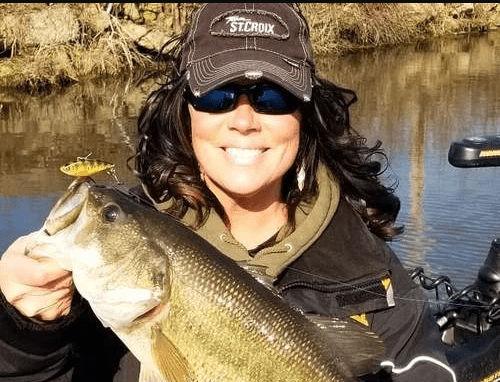




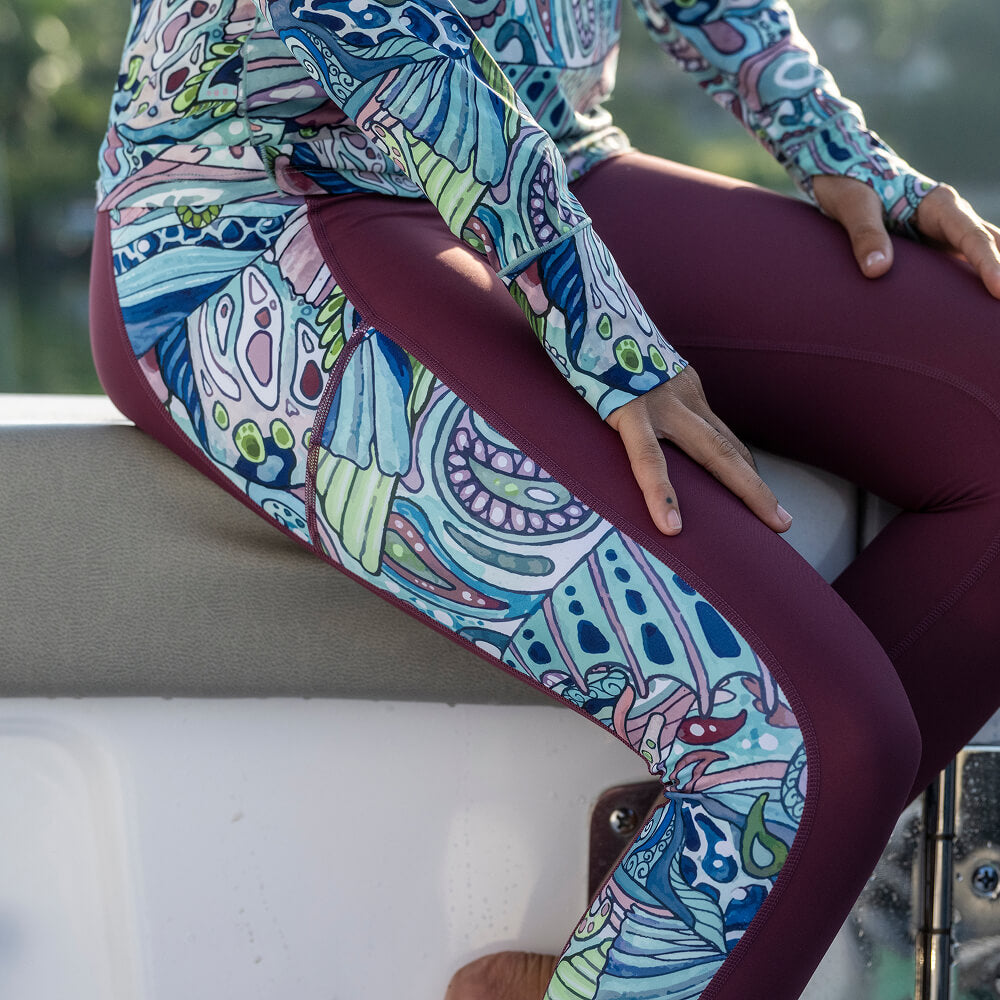

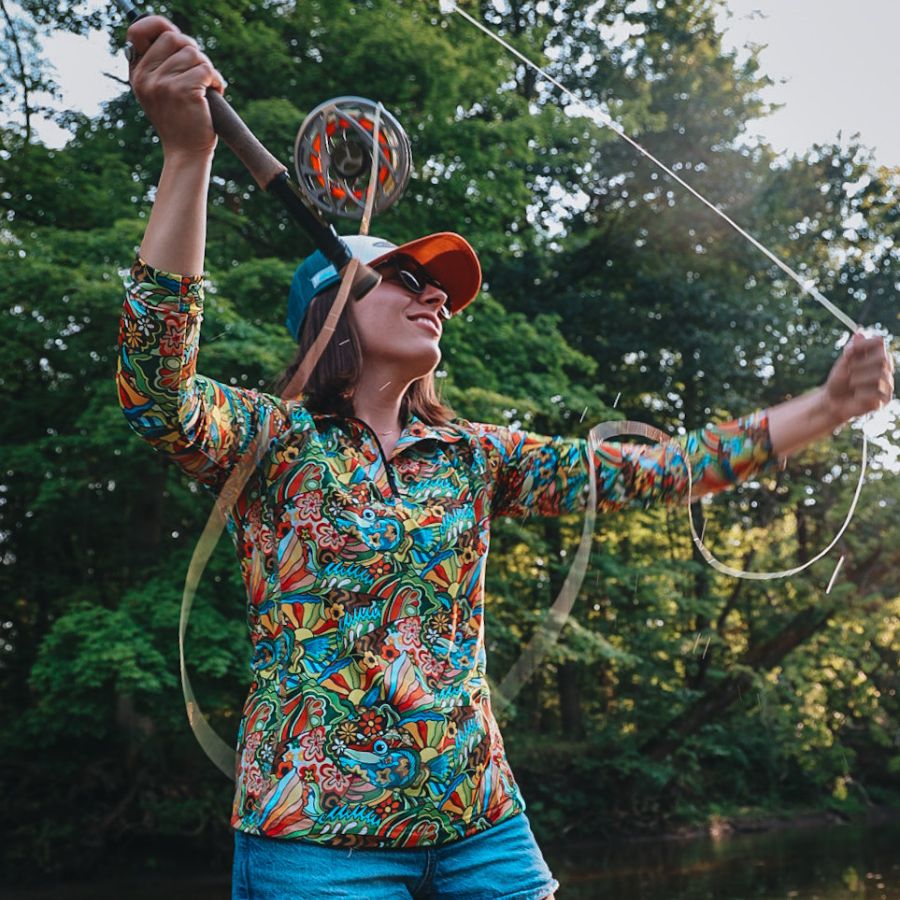
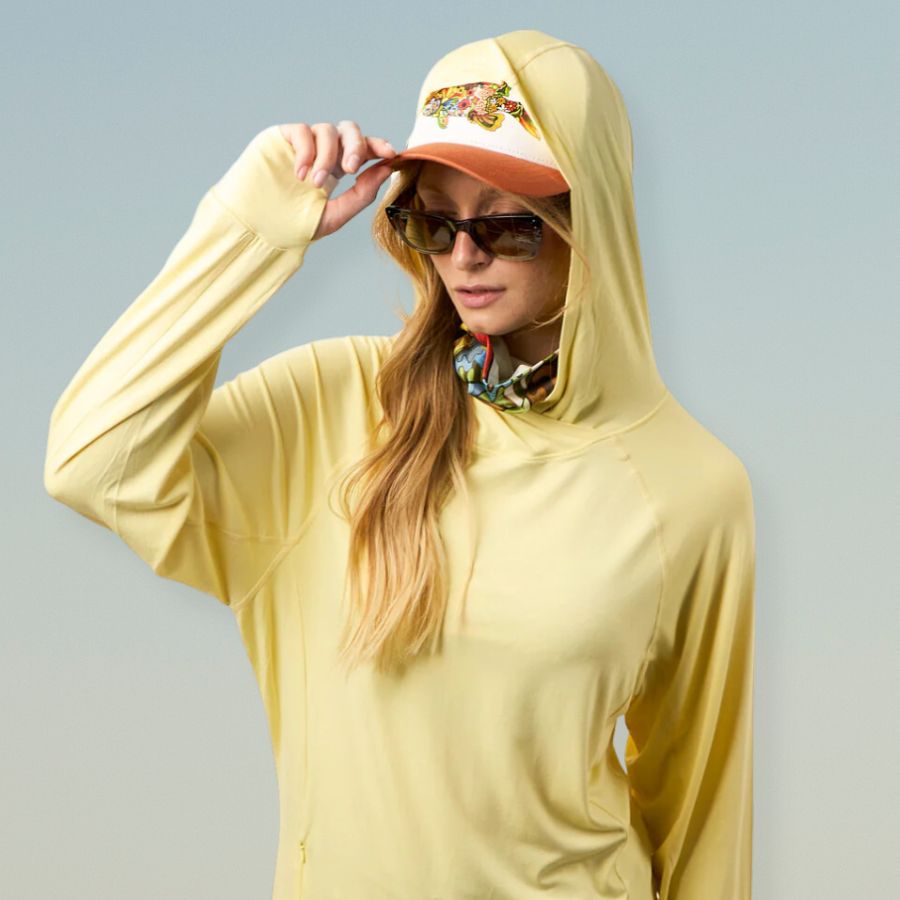
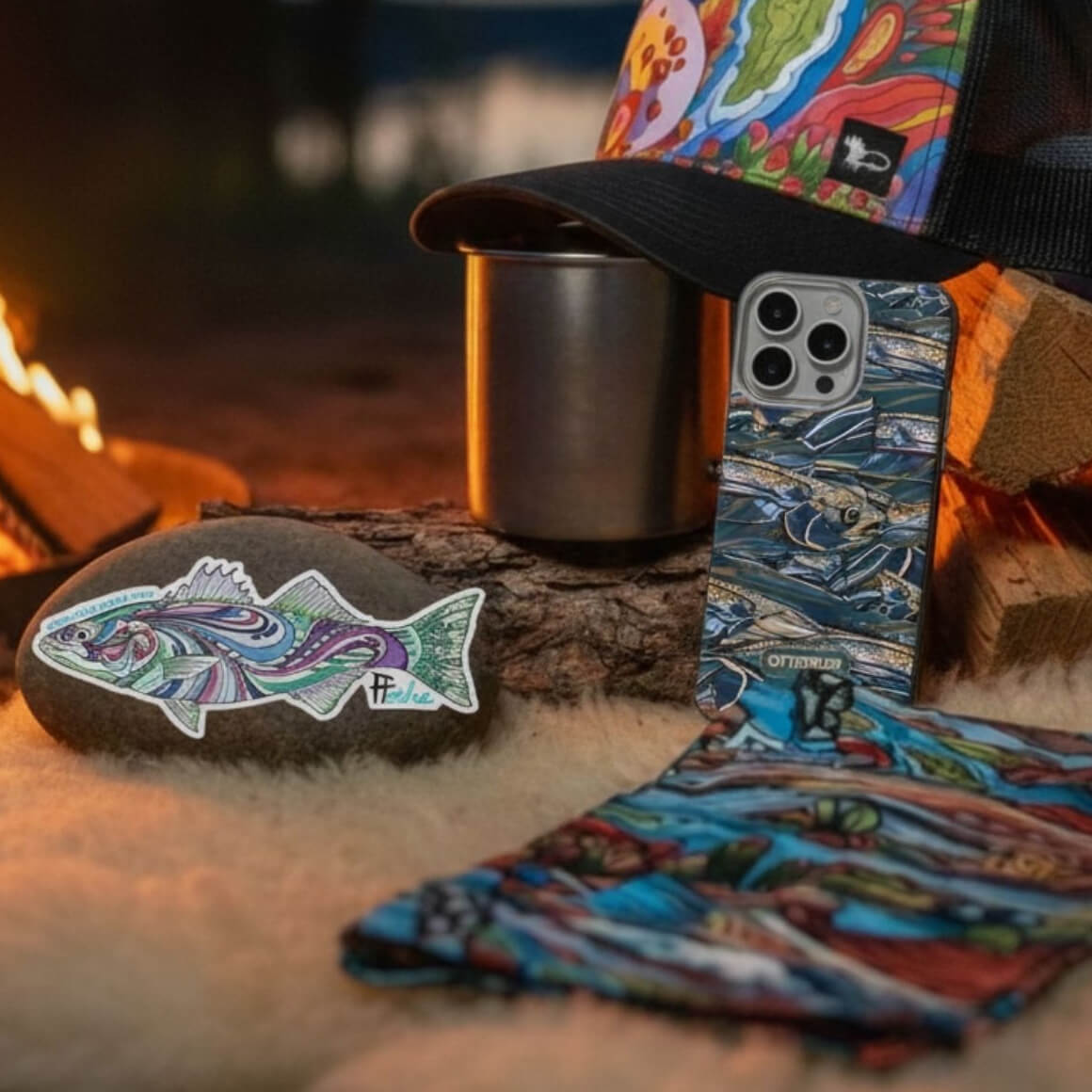
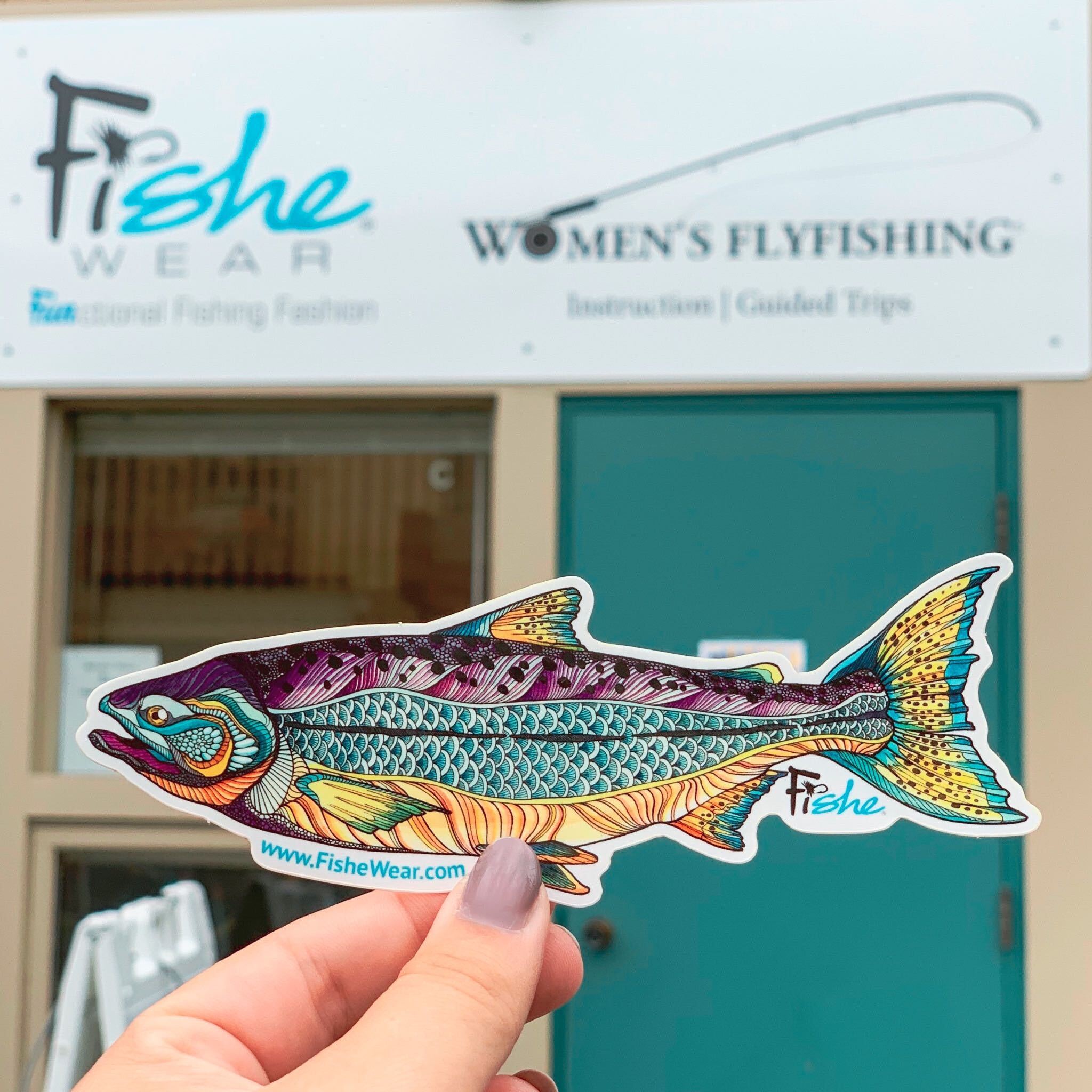



Leave a comment
This site is protected by hCaptcha and the hCaptcha Privacy Policy and Terms of Service apply.